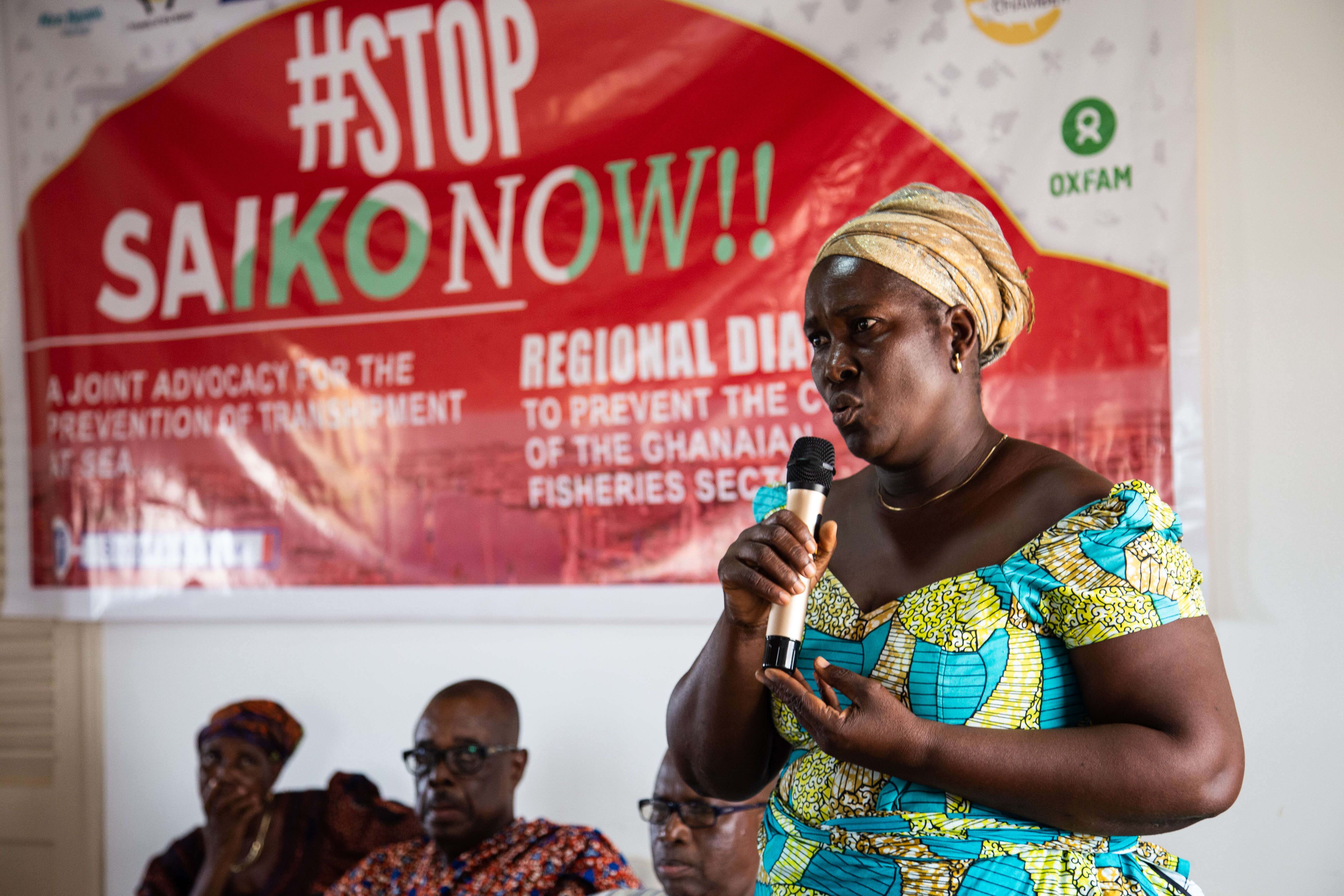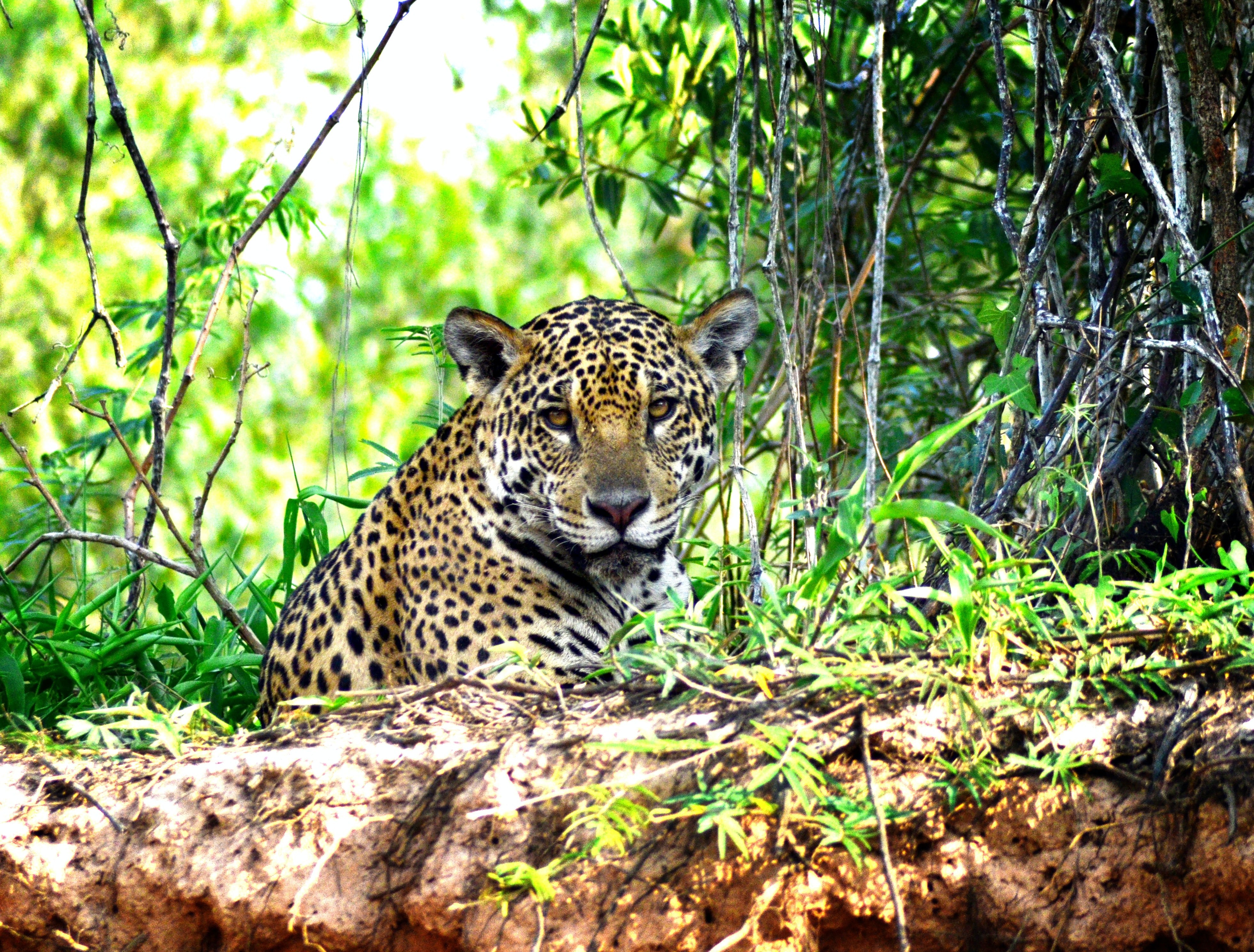
Brazil must do more to protect its people, forests, and the planet
- Amid skyrocketing deforestation and destruction of Brazil’s natural environment, the Bolsonaro government is weakening climate commitments and rolling back domestic environmental protections, driving Brazil’s people and the planet ‘off a cliff.’
- This destruction threatens Indigenous communities, wildlife and the global climate, and it is also unpopular in Brazil, as it threatens the country’s economic standing, with reports emerging that rampant deforestation is blocking Brazil’s accession to the OECD.
- Urgent solutions to this existential threat for irreplaceable biomes include stronger climate targets, restoration of effective environmental legislation, and international pressure on the Bolsonaro government.
Despite growing international awareness of the importance of protecting and restoring our vital ecosystems, President Bolsonaro’s far-right government has taken a wrecking ball to much of the environmental progress made by the country over the last decade.
Brazil’s updated national climate commitment dramatically weakens its emissions cuts and strips out any reference to land use change. This means that Brazil now has a “highly insufficient” target, at a time when most nations are gearing up for the more ambitious commitments needed to have any hope of tackling the climate crisis.
The destruction of Brazil’s globally important environment is now sufficiently serious to prevent its accession to the OECD. Bolsonaro is single-handedly driving Brazil off an economic and reputational cliff, with opposition to his administration’s reckless destruction of the Amazon now strongly opposed by the public in Brazil and overseas.
Drivers of destruction
Ever-increasing global meat consumption has cemented Brazil as the world’s largest exporter of beef and soy by weight. This trade has come at a devastating cost to the country’s forests, where both legal and illegal deforestation for agriculture are surging. At least 17% of the beef and 20% of the soy exported to the EU may be linked to illegal deforestation, estimates say. From the Amazon to the Cerrado, priceless biomes are being destroyed.
Large scale soy cultivation not only destroys valuable biodiversity, but is also responsible for an epidemic of pesticide poisonings. One person from Minas Gerais described their harrowing experience of living close to a soy plantation: ‘down came the rain of poison, and we had nowhere to run. I couldn’t breathe and almost suffocated to death.’
Illegal gold mining operations have also increased rapidly since Bolsonaro was elected in 2018. An estimated 20,000 miners have illegally invaded Brazil’s largest Indigenous territory, the Yanomami reserve. What’s worse is that the president is actively promoting these destructive practices, having presented draft legislation in February to legalize commercial mining on protected Indigenous land.
Experts suggest that there is another insidious threat to the people and ecosystems of Latin America – road building. One of the most serious problems is that new roads are providing access to previously untouched, unreachable regions, enabling activities such as mining, logging and hunting to thrive: approximately 95% of deforestation occurs within 5.5km of a road.
Solutions
While the threats facing Brazil’s Indigenous people and ecosystems are severe, they are not insurmountable.
Stopping the rollback of environmental commitments, re-establishing the strength of the Forest Code, and committing to a new climate target under the Paris Agreement which includes ambitious emissions reductions, as well as explicit goals on ending deforestation and encouraging the restoration of forest biomes, are all necessary steps.
But we must be realistic about where the drive for change will come from, and it is not likely to arrive from a planet-destroying far-right government.
As an international community, we share a responsibility to pressure the Brazilian government to better protect its people and the planet. Indigenous groups should be granted greater rights to land tenure. This would not only improve the wellbeing and security of Brazil’s people, but also its forests, savannas and wetlands that have been sustainably managed by Indigenous communities for thousands of years.
The European Parliament took an important step in the right direction by adopting a report calling on the European Commission to develop a robust, legally binding framework to stop deforestation in the EU supply chain. It is now vital that the Commission works rapidly toward a robust new regulation that has the scope and the teeth to protect forests and forest peoples around the world. We urge other governments to follow this lead.
This article originally appeared on Mongabay.
SIGN UP FOR OUR EMAILS AND STAY UP TO DATE WITH EJF

